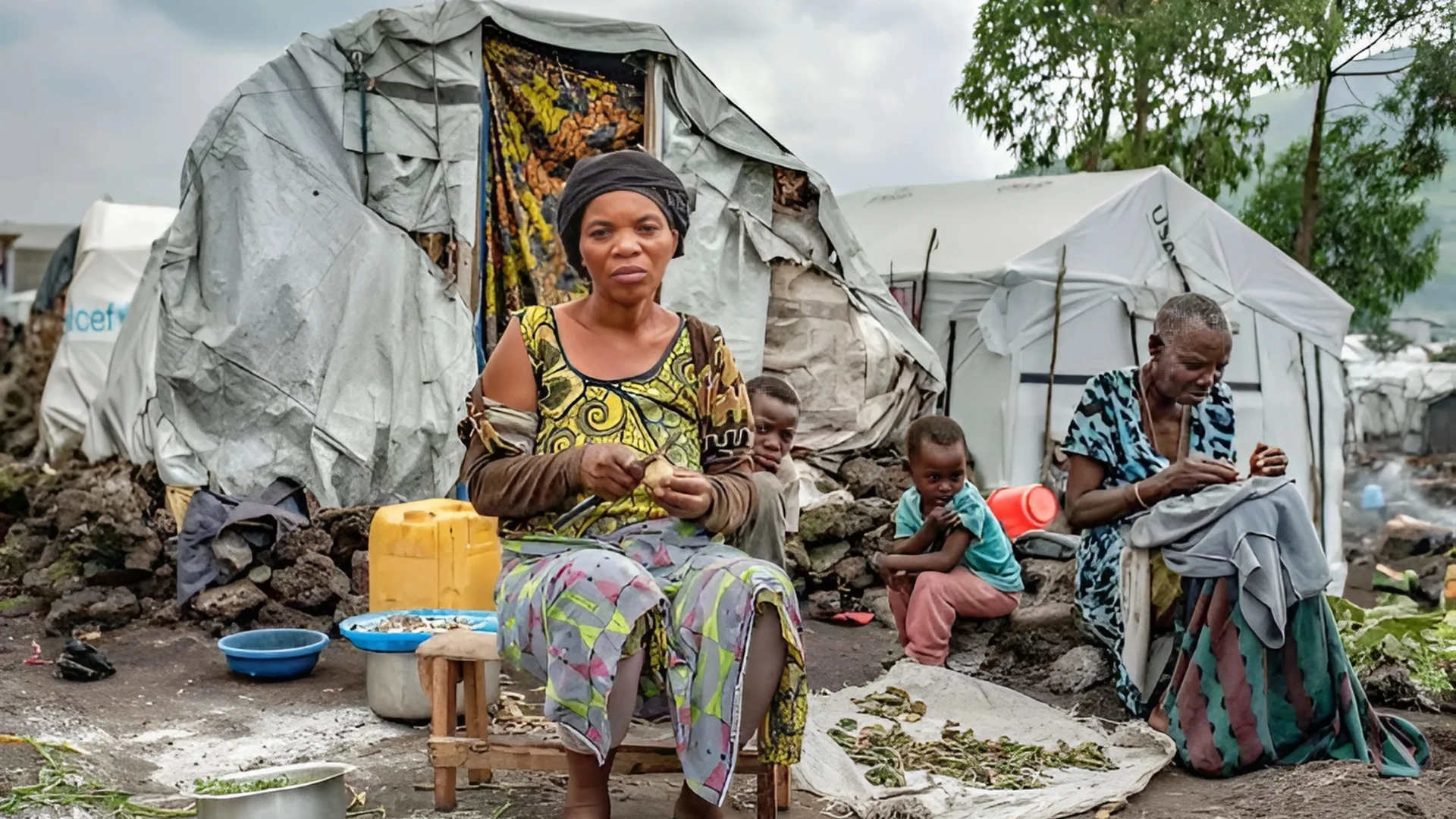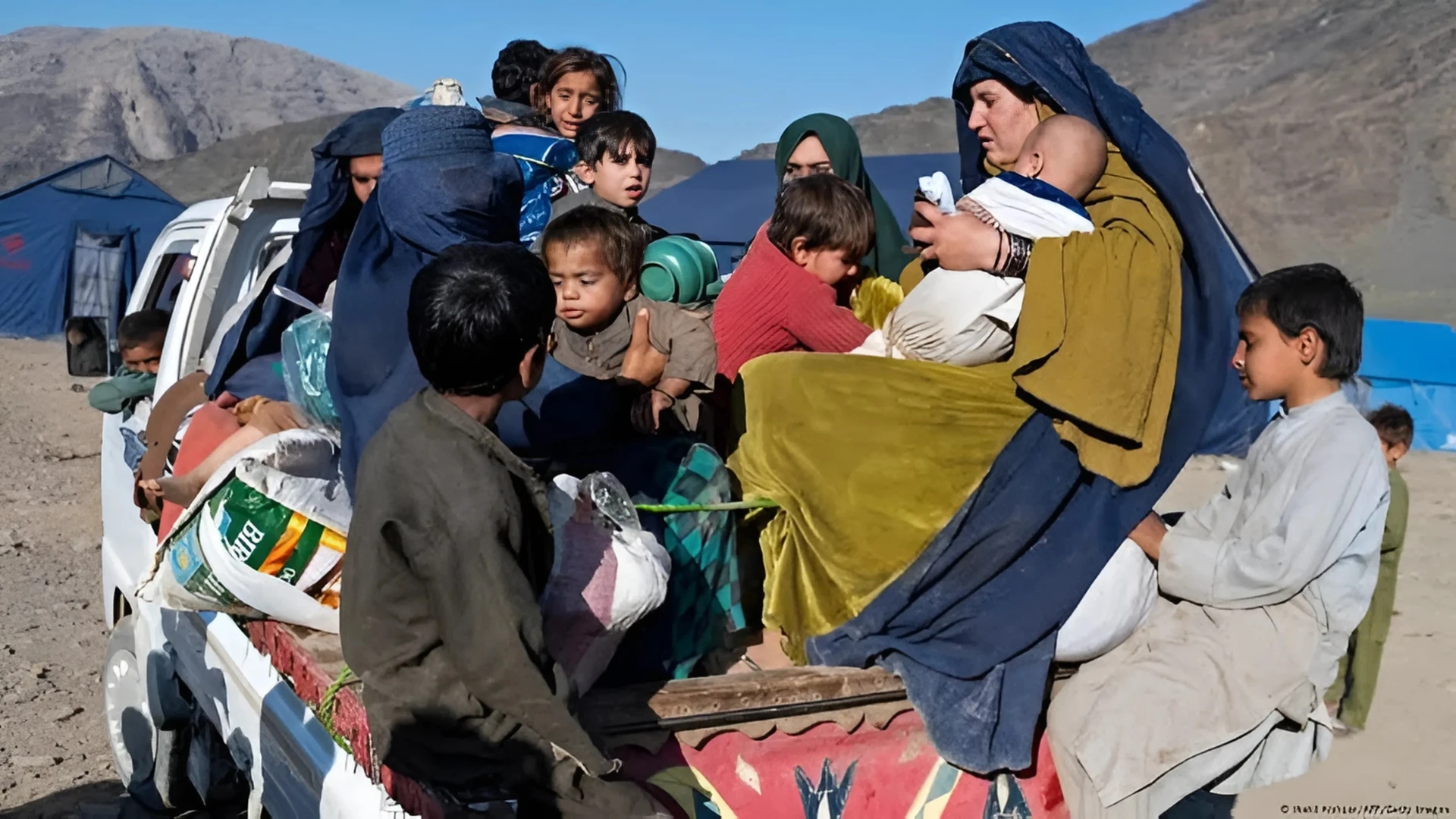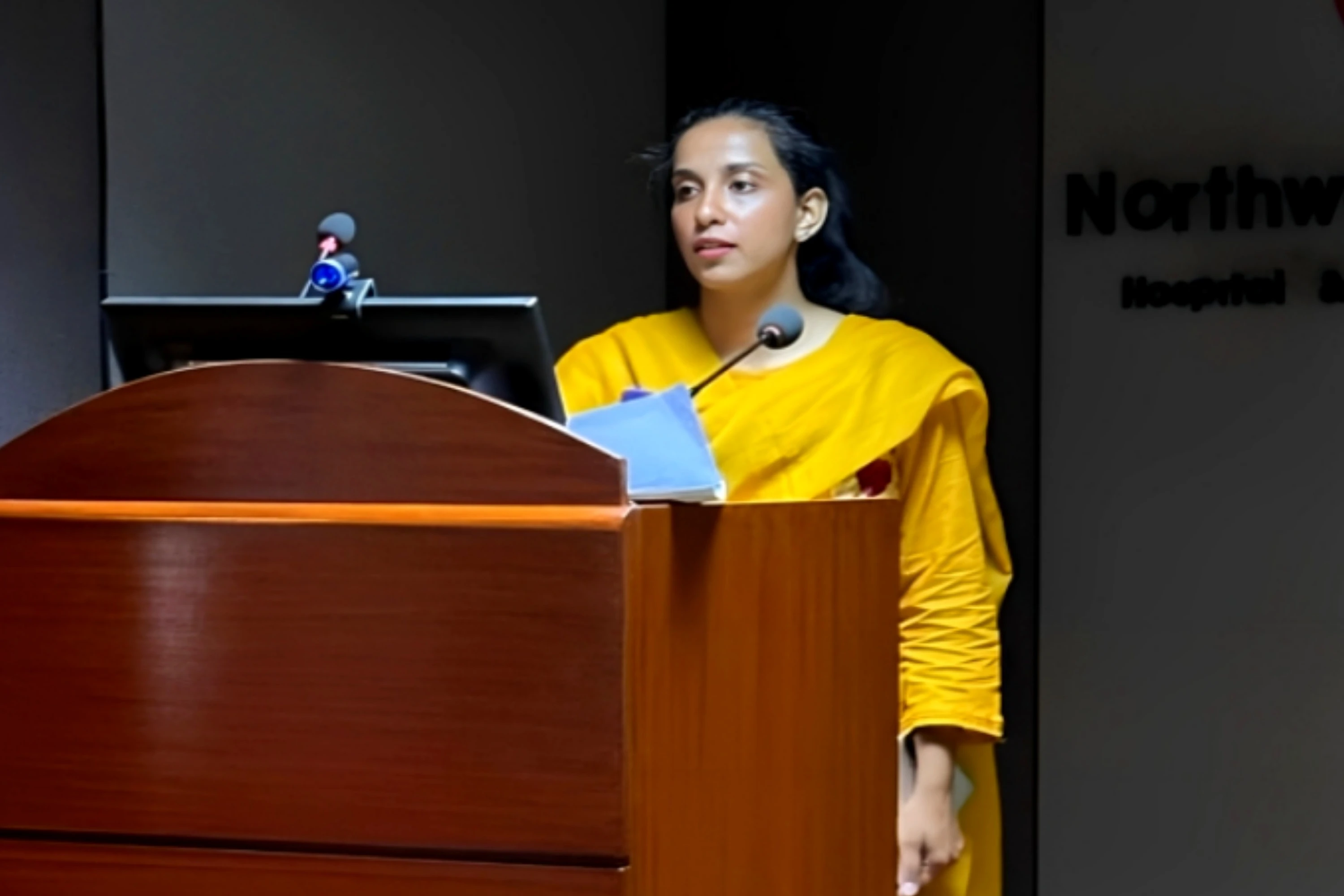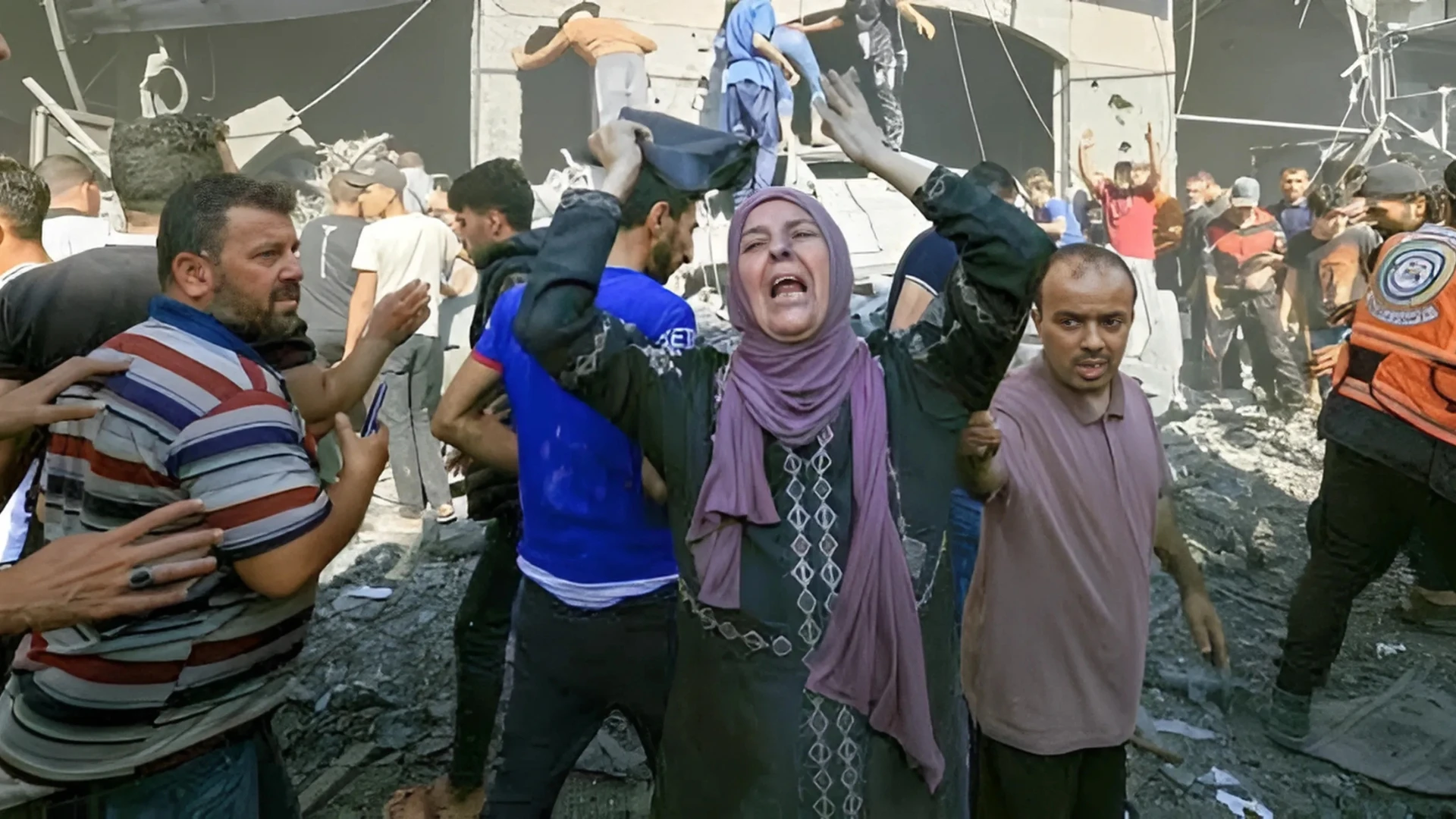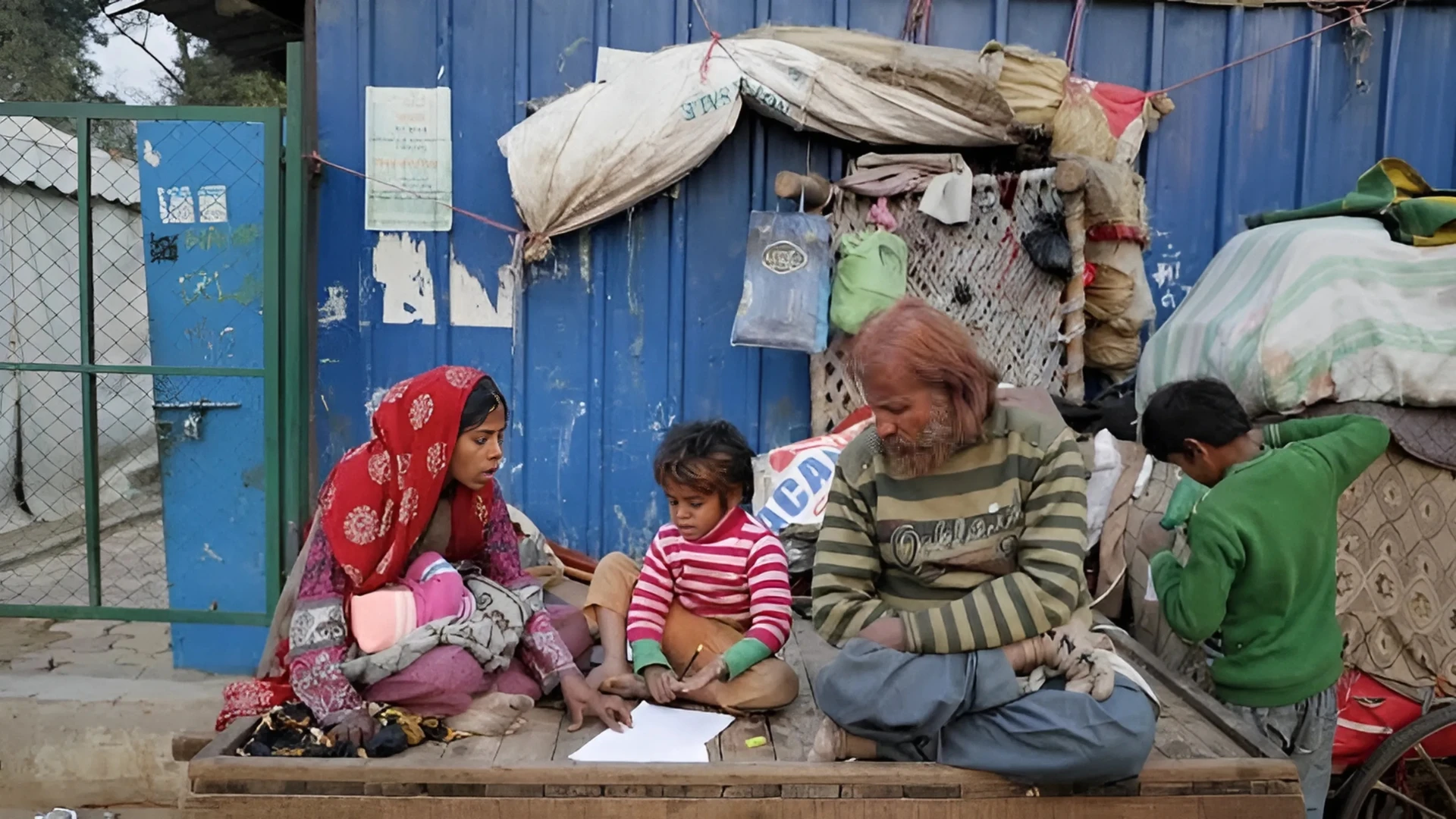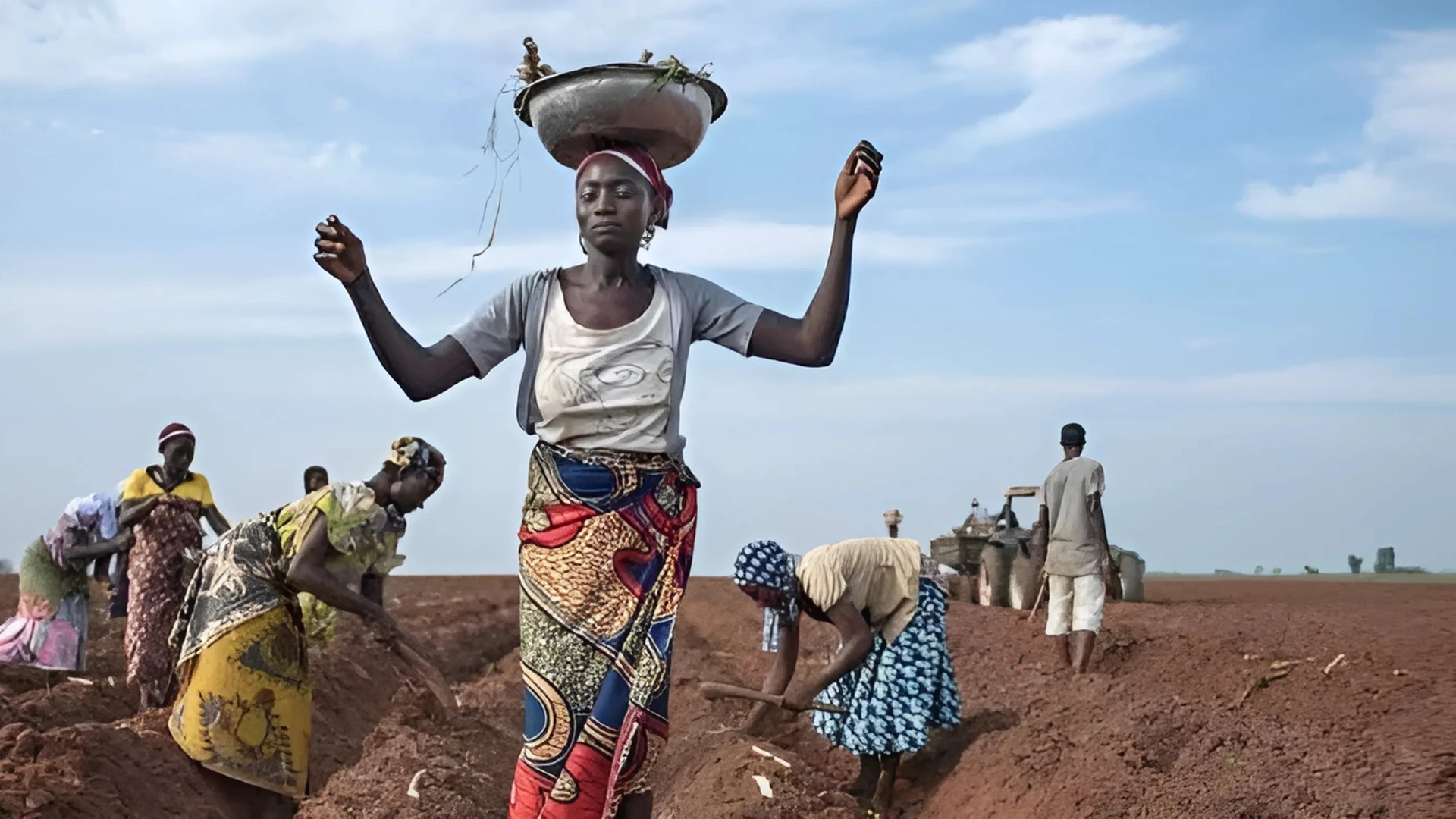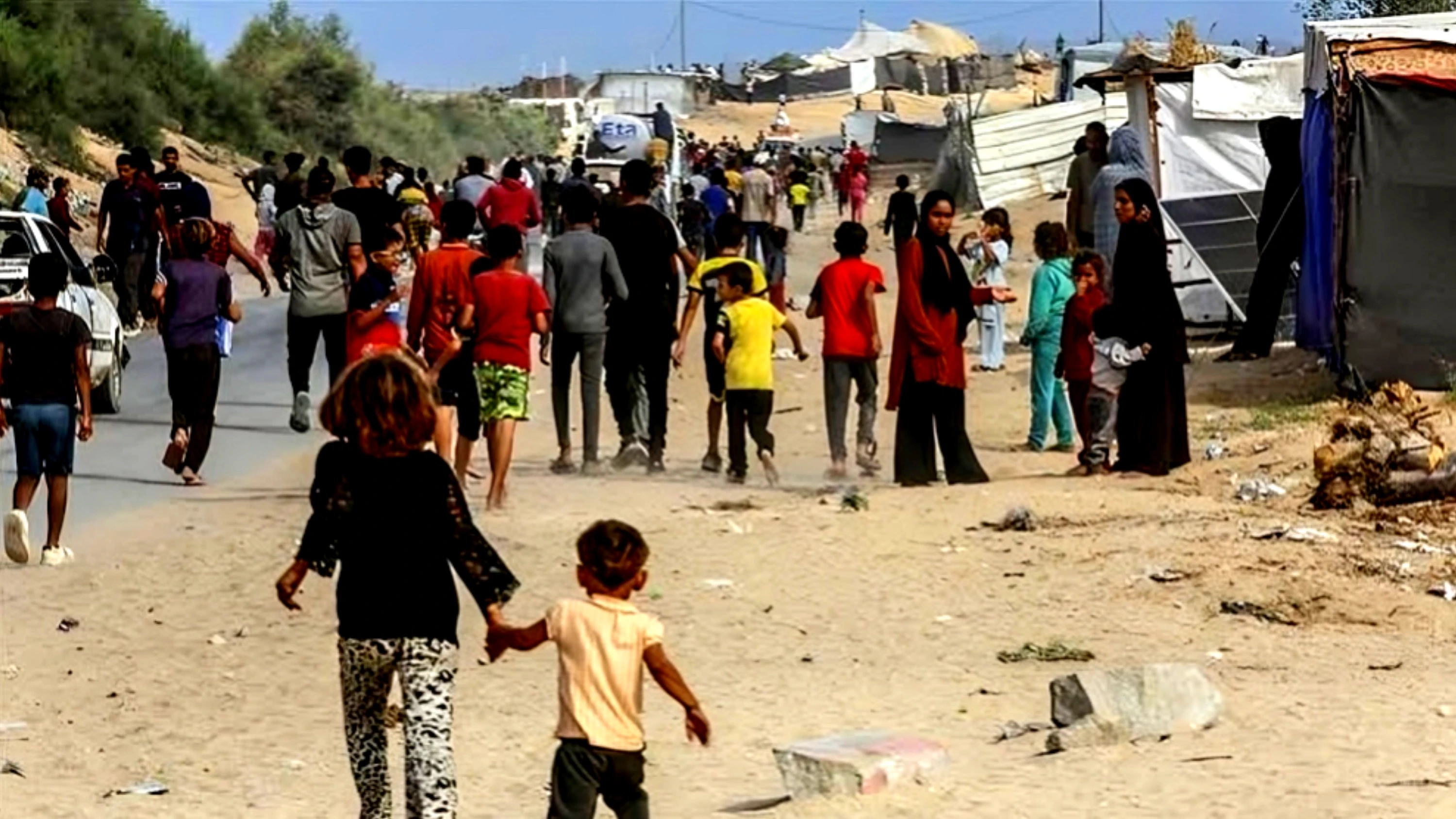Goma: The humanitarian crisis in eastern Democratic Republic of the Congo (DRC) is reaching catastrophic levels, and the international response remains deeply inadequate, according to the United Nations’ top emergency relief official, Tom Fletcher.
Speaking from the conflict-stricken Goma region, Fletcher described a population enduring “decades of trauma,” now pushed to the brink by recent escalations in violence involving M23 rebels, a group widely believed to be backed by Rwanda. In January, M23 fighters captured key parts of the region, displacing thousands and intensifying insecurity.
“The past few months have been especially horrific,” Fletcher said, citing widespread lawlessness and human rights abuses that may amount to war crimes. He recounted harrowing conversations with women who had survived brutal sexual violence. “The stories they shared are beyond words,” he said. “They are trying to summon the strength to rebuild their lives, and we’re doing all we can to support them—but they have truly lived through hell.”
More than five million people were already displaced in the eastern DRC before the latest wave of conflict. That number is now rising sharply, with over 20 million people in urgent need of humanitarian assistance. “People are desperate for this conflict to end,” Fletcher stressed.
The funding needed to meet these humanitarian needs, however, is falling drastically short. The United States—historically responsible for funding 70% of the UN’s aid operations in the region—has significantly reduced its contributions. Fletcher warned that these cuts are forcing aid agencies to make impossible choices. “We’re having to decide who gets help and who doesn’t,” he said. “These are life-and-death decisions.”
While NATO countries recently pledged a five percent increase in collective defense spending, humanitarian funding continues to plummet. Fletcher highlighted this imbalance, noting that the UN is asking for only one percent of the amount spent globally on defense last year to sustain life-saving programs. “These cuts are not abstract. They mean women go without support, children go without clean water, communities go without shelter or medicine—and people are dying,” he said.
Despite these challenges, UN aid workers and partner organizations remain on the ground, striving to reopen supply routes, airports, and checkpoints to reach those in need. Fletcher also referenced a new “hyper-prioritized” plan aimed at saving 114 million lives globally this year—conditional, however, on receiving adequate funding.
Even amid deep suffering, Fletcher found resilience among the people he met. “They support each other despite everything they’ve endured. That’s where the real humanitarian frontline lies,” he said.
In the face of growing global skepticism toward multilateral cooperation, Fletcher offered a message of hope. “I still believe in human solidarity, in the UN Charter, and in the power of people to care. We just need to find those who are willing to stand with us—and show them that we can deliver.”


